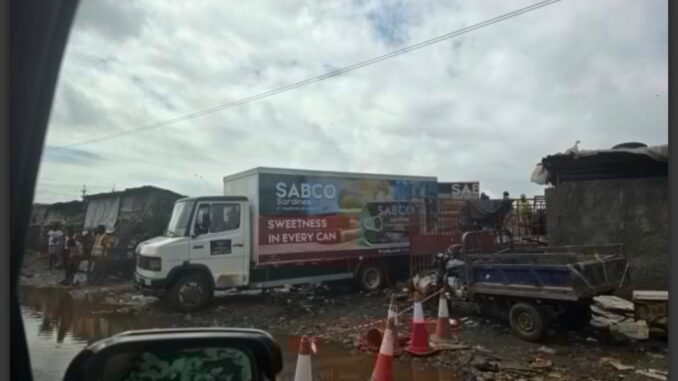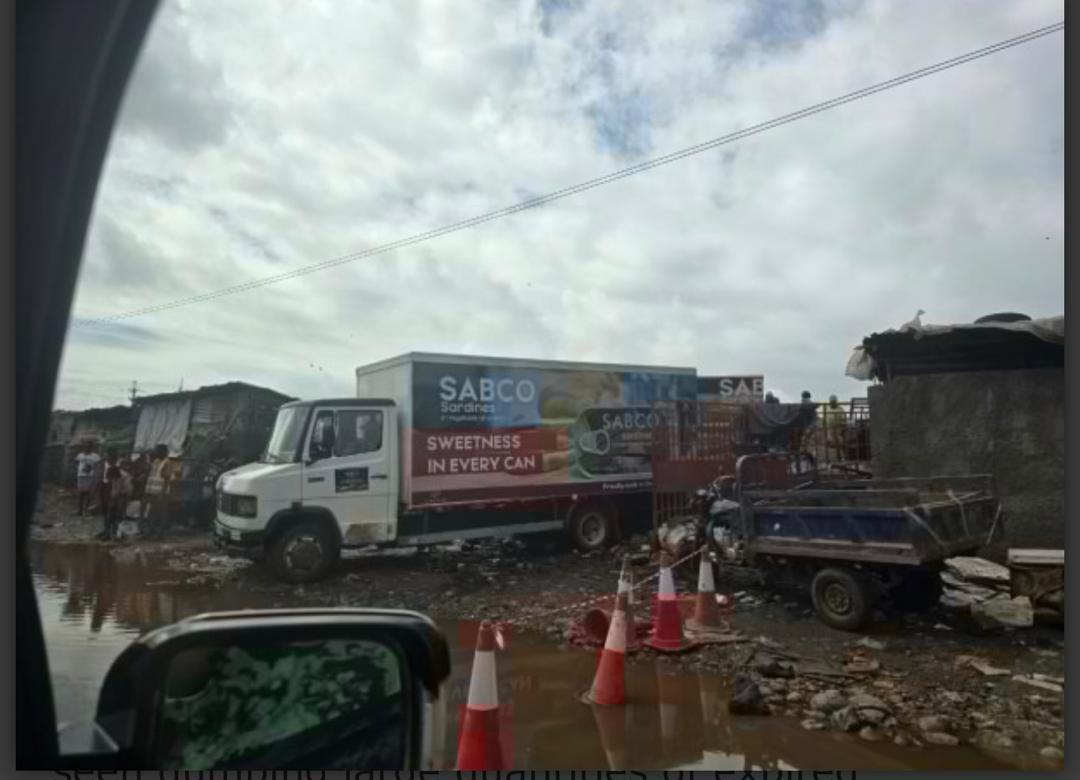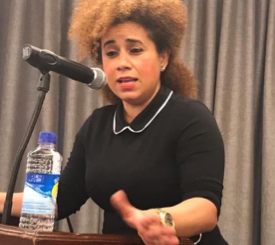
Sierra Leone’s Sabaco Sardine Project: A Missed Opportunity Under Slpp government
Sierra Leone, known for its rich natural resources and diverse marine life, has long sought to capitalize on its seafood potential. One such effort was the Sabaco Sardine project, a ambitious initiative that aimed to transform the country’s fishing industry. Unfortunately, this project, launched under the administration of President Julius Maada Bio, ultimately ended in failure, leaving a missed opportunity in its wake.
The Sabaco Sardine project was conceived with the goal of establishing a large-scale sardine processing facility in Sierra Leone. The plan was to leverage the country’s abundant sardine resources, which were largely untapped, to create jobs, generate revenue, and bolster the nation’s food security. The project was touted as a game-changer that would propel Sierra Leone’s economy forward and position the country as a leading exporter of high-quality sardines.
However, the implementation of the Sabaco Sardine project was plagued with challenges from the outset. Ineffective planning, lack of proper feasibility studies, and mismanagement of resources all contributed to the project’s downfall. Despite the initial enthusiasm and the significant financial investments made, the project failed to achieve its intended objectives.
One of the primary issues that undermined the Sabaco Sardine project was the lack of thorough market analysis and the failure to accurately assess the demand for Sierra Leonean sardines both domestically and internationally. The project’s planners had overestimated the market potential, leading to the construction of a processing facility that far exceeded the actual market needs.
Moreover, the project faced logistical hurdles, including inadequate infrastructure, such as poor road networks and unreliable electricity supply, which hampered the efficient transportation and processing of the sardines. The project’s management team also lacked the necessary expertise and experience to navigate the complexities of the fishing industry, further exacerbating the challenges.
As a result of these shortcomings, the Sabaco Sardine project was unable to achieve its targeted production levels and failed to generate the expected revenue and economic benefits for Sierra Leone. The project’s failure not only disappointed the government and the local communities who had placed their hope in its success but also represented a missed opportunity to harness the country’s marine resources for sustainable development.
The lessons learned from the Sabaco Sardine project’s downfall serve as a cautionary tale for future development initiatives in Sierra Leone. It highlights the importance of thorough planning, feasibility assessments, and the need to build the necessary infrastructure and institutional capacity to support ambitious projects. Moving forward, Sierra Leone must carefully evaluate its strategies and ensure that any future investments in the fishing industry are grounded in realistic market analysis, robust management structures, and a strong commitment to sustainability.
D’ Economist
Thanks 🙏🏽




Leave a Reply